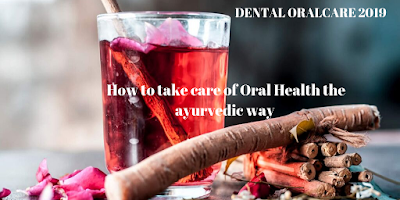Many people suffer from sensitive teeth and it can
start at any time. It is more common in people aged between 20 and 40, although
it can affect people in their early teens and when they are over 70. Women are
more likely to be affected than men.
Eating something warmer, icy or sweet is a big pain
for people who have sensitive teeth. This problem affects much of the
population, but the good news is that with a few simple tips, it can be easily
avoided and even solved.
What does it mean to have sensitive teeth?
The tooth enamel is a tough layer which serves as protection.
However, overtime or for some specific reason, such as fracture, bruxism,
accident, broken restoration, or bacterial infiltration, this shield begins to
be removed, causing the dentin to be exposed. In it, Use
fluoride mouthwash. there are dentinal tubules,
fluid-filled canals that have nerve endings. Therefore, in cases of tooth
enamel wear, hot, cold and even sweet stimuli reach the nerve, making the teeth
sensitive and causing pain.
What can cause tooth sensitivity?
There are specific causes that can generate tooth
sensitivity. It is worth mentioning more specifically these factors because as
they are part of the daily lives of most people, we must be aware!
Oral hygiene is of utmost importance, especially
after-meal brushing, as leftover food on the teeth can lead to the formation of
bacteria that corrode and erode them, leaving them more exposed. However, at
the time of mouth cleaning, brush movements should be light. Otherwise, the gum
retracts for protection, leaving the dentin sensitive.
As for food, very citrus fruits such as pineapple and
orange and sodas lower the pH of the mouth. This causes the doors for acidity
to open, eroding the prisms that form the tooth enamel. Consequently its
protection decreases and the sensitivity increases.
How to treat and/or prevent tooth
sensitivity?
- Visit the dentist regularly.
- Brush properly, but not excessively.
- Use soft bristle brushes with rounded tips.
- Brushing with light and delicate movements.
- Use specially formulated toothpaste to help tooth sensitivity.
- In most necessary cases, use high fluoride toothpaste (provided by the dentist) to help strengthen the tooth surface.
- Use fluoride mouthwash.








